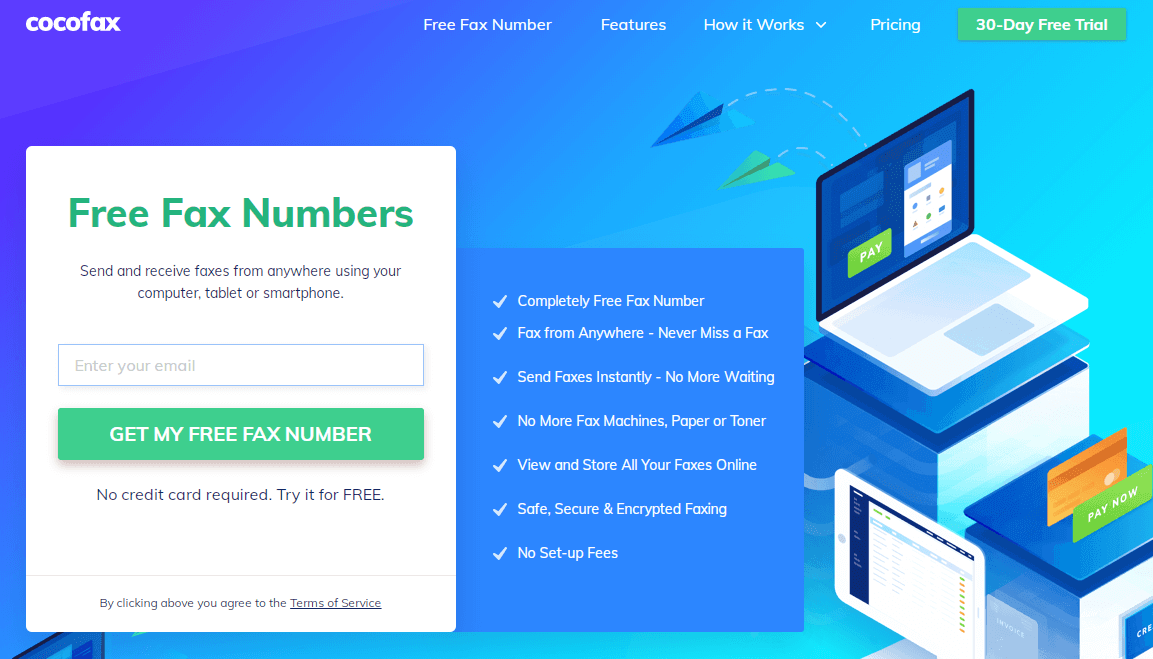If you have thought about selling your business recently or have considered selling in the future, you want to be prepared for the sale. You do not want to wait until the last minute to get everything in order. There are lots of reasons why you may want to sell the business; maybe you think it is the right time to move on or are thinking of reinvesting in another business. Regardless, this article will guide you on what you need to do to ensure a smooth process when the time to sell comes.
Collect Data About the Business
The sale of online business relies on a lot of analytics. Buyers need to know how much traffic the business is getting and where it is coming from. They also need to know how many paying customers you have so they can calculate customer acquisition costs and other metrics.
To give buyers this information to synthesise the right reports for them, you need to collect the right data about traffic and customers. Fortunately, tools like Google Analytics and the platform you are using to sell can provide this data and reports easily.
Collecting data from these tools gives buyers confidence that it is legitimate. These tools verify this data is coming from reputable sources and that you are not pumping up your numbers for a favourable valuation.
For the buyer, having this data is a point for substantiating the valuation of the business. Rich, organic, transparent traffic is much better than spammy or paid traffic. Additionally, you can use this data to determine whether the investments you have made into making the site ready for a buyer is worth it. This gives you enough time to correct any issues that come up before the buyer starts looking at the granular data.
Get Your Finances and Books in Order
Your finances are a crucial part of the valuation process since buyers need to know that the business is making money before they invest in it. Investors will want to know every detail about your finances, including sale volumes, customer acquisition costs, gross margins, net revenue and much more. One or more mission costs, revenues, and expenses can make a huge difference in whether a business is financially viable or is trending downwards.
Get all the financial information you can and get an accountant to do the books for you. Ensure they prepare all the required reports including revenue, profit and loss explainers, assets, liabilities, and anything else that could be used to value the business.
Remember that since buyers and sellers need to find common ground when discussing the value of the business, providing as much of the right information as possible will make this process easier. A buyer can see how the business is doing, and you can provide concrete proof of your claims about the business and its financial standing.
Create Standard Operating Procedures
Many of the people buying an online business are not looking to add to their workload. They want the buying and onboarding process to be as simple as possible. Creating Standard Operating Procedures (SOPs) gives them somewhere to start.
You need to include how you handle various tasks such as SEO, sales, content creation, keyword research, product selection and sourcing, writing listings and everything else you do for the business. You can create SOPs for simple tasks and ones for more complex tasks.
Buyers want to see these SOPs to determine how much work they will put in. If much of the work depends on the owner, the online business will be undesirable. SOPs also save you a lot of time in training new employees, which is an advantage you could sell to a potential buyer.
Selling your online business is an involved process and things can get complicated if you are not prepared. Although the tips given above are a great place to start, there is still much more you can do like getting your business processes audited or cleaning up the website.








